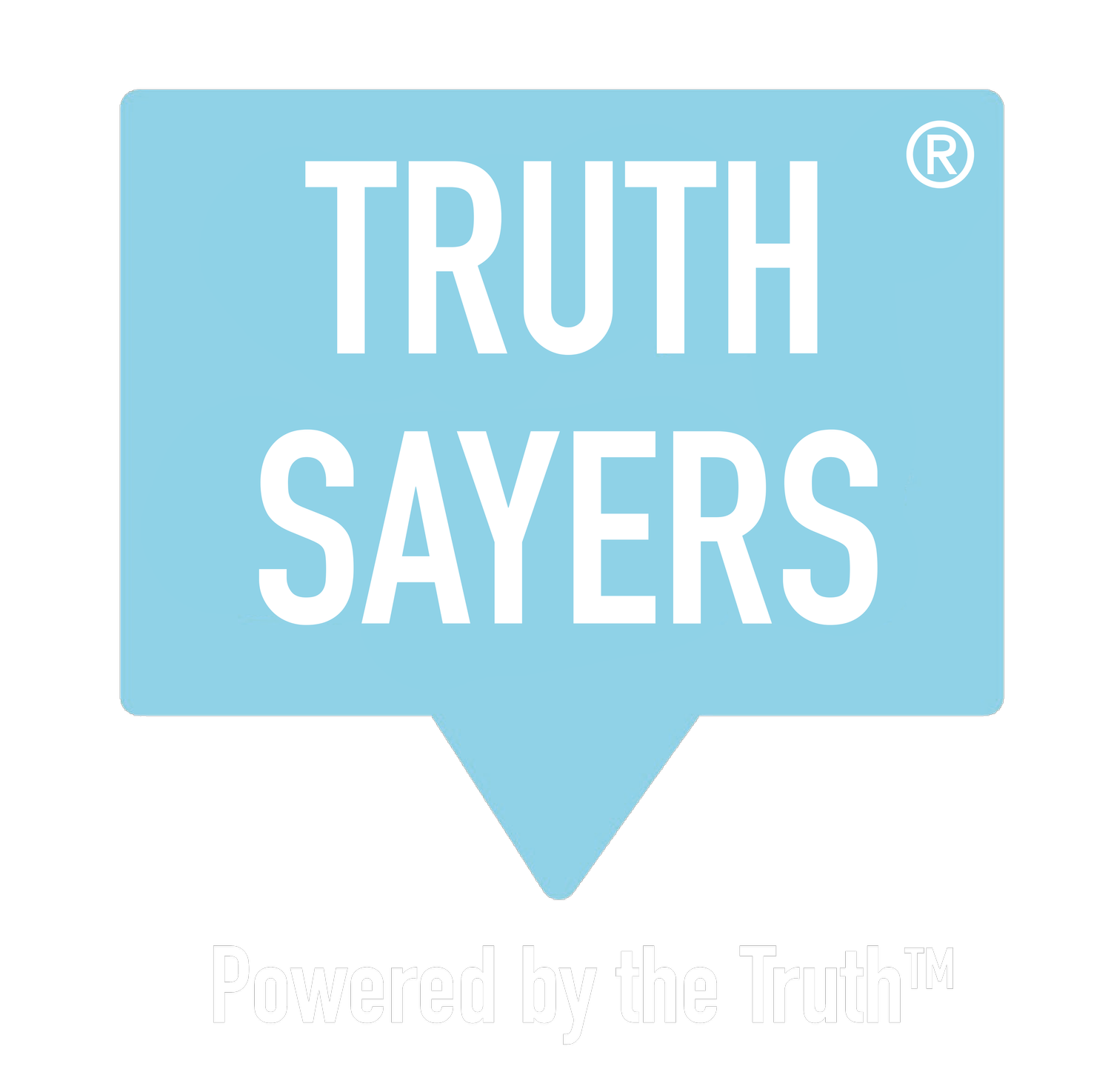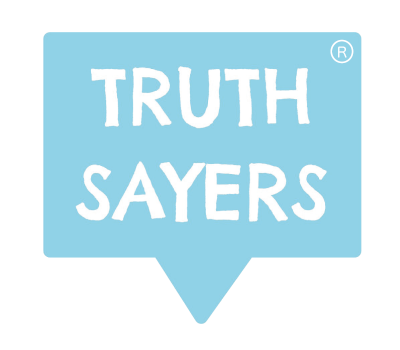How Does Bias Spread Through An Organisation?
“Biases may in fact be caught or inherited or the result of you breathing in the corporate air of your organisation”
TRUTHSAYERS® NEUROCAST™
In this, the second of three episodes in this conversation, Simon Stapleton, Co-Founder, Truthsayers® and Paul Anderson Walsh, CEO and Co-Founder, The Centre for Inclusive Leadership (now known as Enolla Consulting) chat about why biases seep into an organisation and how it is so easy to get wrapped up in them. The question is, how we can still be true to ourselves in a corporate culture?
TRANSCRIPT
Simon Stapleton:
Really keen to get your views and understand what you think of bias and how it pervades culture? And how people respond to different aspects of culture and modify their behaviours accordingly?
Paul Anderson Walsh:
Yeah, it’s an interesting question Simon. I think that bias is something that is with us – is ever present with us. And I think we all have to recognise the fact that each and every one of us comes preloaded with bias. And I think the issue is that the reality for us it’s not, do you have bias? That’s not really the question. And are you sufficiently conscious that you are conscious, even to the point of your unconscious, that the biases are impacting the way you behave? And many of those biases may in fact, be caught, or inherited, or the result of you breathing in the corporate air, the culture of your organisation. Do you know what I mean?
Simon Stapleton:
Absolutely, yeah, and that kind of the Zeitgeist of a place does pervade and people make the choice to behave one way, which may be in conflict with the way they would naturally behave if they were to behave authentically. And that’s got to happen, you know, it’s got to happen in every workplace, probably everybody does it to different degrees. Do you think people moderate their behaviour to fit with those cultural norms? I mean, they obviously must do, that’s how culture becomes normal in the first place. But just wondering, what process do people go through? And how much conflict do you think they really sense when they’re making the choice to fit the cultural norm?
Paul Anderson Walsh:
I think that’s a brilliant question. I would suggest to you that culture is essentially set at the top of an organisation. And I think that culture is then infused into the organisation and cascades down through the organisation. And where it becomes interesting is, does the culture that I come from, and the values that support that culture – Is it in conflict or is it in concert with the values and the culture of this organisation? Because one of the really big drivers that we have is a need for belonging, I might be prepared in certain circumstances, to be in denial of my true self, because I want to be accepted in your community. So, the price I pay for acceptance in your community might be accepting, tolerating, embracing your culture, even though that’s in conflict with my own set of values. But my desire to be accepted, and my desire to be in, and my anxiety about being left out, might override my own set of values or my own set of cultural norms. And I think that happens a great deal.
Find out more about partnering with Truthsayers®

